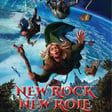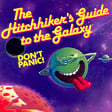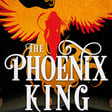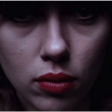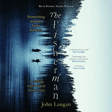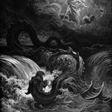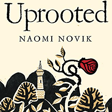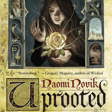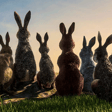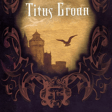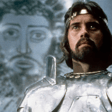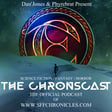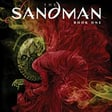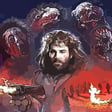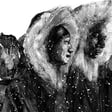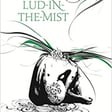
The Blair Witch Project at 25, and Emerald Anvil with Gregg Hale and Ed Sanchez
We're joined once more by filmmakers Gregg Hale and Eduardo Sanchez, the brains behind The Blair Witch Project, V/H/S, Lovely Molly, and many more.
Gregg and Hale talk to us about their new podcast-based audio drama Black Velvet Fairies. It's a tour de force meta narrative that plays with the found footage medium that gave them their big break, but also features real-world interviews with paranormal experts, dissections of EVP phenomena, and a descent into family history that reveals dark creatures and ancient secrets waiting to be let into the light.
We also discuss where BVF sits in the wider dark fantasy universe they're creating, known as Emerald Anvil, set in the world of Hada. This is a multimedia beast, featuring novels, board games, podcasts, and online interactions. The world was born out of Gregg and Ed's passion for storytelling, but also their frustration at the Hollywood studio system, which is becoming more innovative in terms of visual effects, but also more risk-averse and conservative.
Lastly, we discuss the pair's plans for the 25th Anniversary of The Blair With Project, still one of the most innovative and disruptive horror films of all time, and which has spawned a lucrative franchise of its own.
You can listen to Black Velvet Fairies from all your favourite podcast provides, and if you want to support Ed and Gregg in the construction of their Emerald Anvil universe, you can do at https://emeraldanvil.com/



